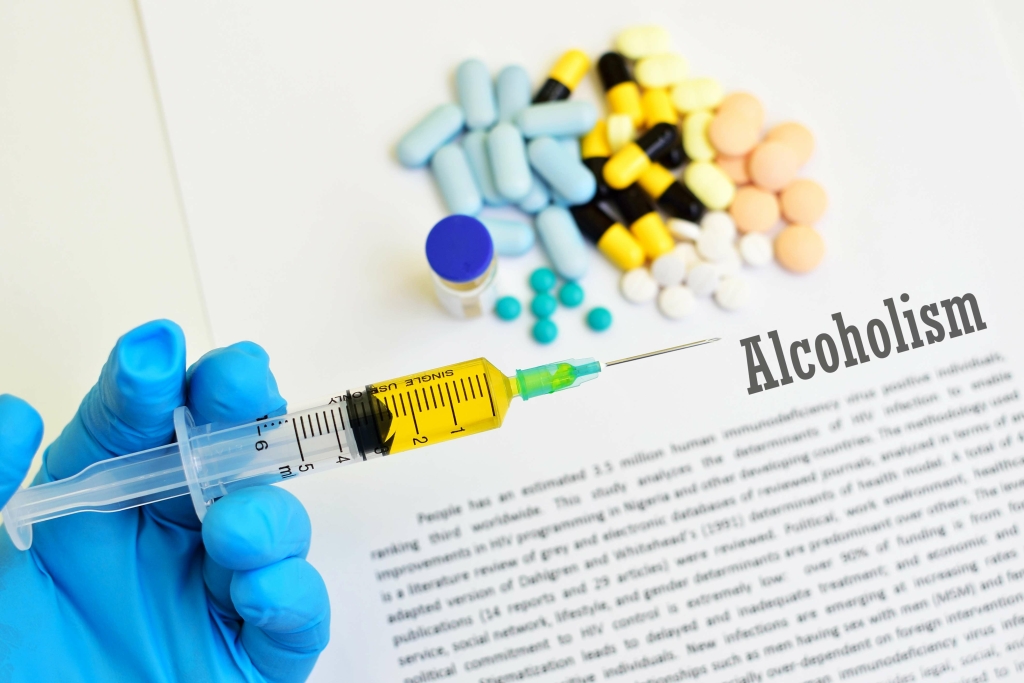People often take it at parties because it boosts energy and creates feelings of closeness and joy. But it also affects your brain chemicals and can cause serious problems. After the effects wear off, many people feel tired, anxious, or even depressed. If you or a loved one has been abusing ecstasy, the time to get help is now. 1st Step Behavioral Health can help you detox safely, address the root causes of your ecstasy addiction, and show you the way forward in your recovery.
Molly detox

Any use of ecstasy is considered abuse, and this use is dangerous, particularly since you can’t really know what is in an ecstasy pill. If a pill you take is cut with a life-threatening dose of another substance like fentanyl, overdose could be fatal. If a person takes multiple doses of ecstasy, it will take longer to process out of the body. When used by younger users, the remaining presence of the drug can impair brain development.

MDMA and Alcohol Use
- In that role, she works with family members to help them understand the role they play in the recovery of a family impacted by addiction.
- Saliva tests are most commonly administered by law enforcement agents when they suspect an individual may have ingested ecstasy.
- Although there is some debate on whether Molly is addictive, researchers do know that MDMA targets the same chemicals in the brain as other drugs that are addictive.
- MDMA is a dangerous drug that can cause long-term damage to your brain and lead to complicated health problems like overheating.
Choosing supervised detox can make a big difference and help you move forward with confidence and support. Aftercare services—including sober living homes, continued therapy, and support groups like Narcotics Anonymous—are essential to maintaining progress and preventing relapse. Many treatment centers also incorporate relapse prevention education and life skills training to help individuals build a strong foundation for long-term sobriety. Ecstasy can be detected in urine for up to five days after the last time it was used. However, the exact length of time MDMA stays in your system depends on various factors such as the extent of use, dose taken, and certain physiological variables.
- The half-life of MDMA is essential when discussing detection windows in different drug tests.
- In terms of addiction being a physical dependence on a drug, there is mixed research on this.
- While MDA is less active than MDMA, it does contribute to some of MDMA’s stimulant effects.
Withdrawal Symptoms of MDMA

If you or a loved one is grappling with MDMA misuse or addiction, remember that you don’t have to face it alone. The dedicated team at Restoration Outpatient Detox Halfway house in Georgia is here to provide the expert, compassionate care you need to achieve lasting recovery. If you need help navigating the complexities of insurance coverage for ecstasy detox and rehab, our admissions team can help. We offer complimentary insurance verification and work directly with your provider to determine out-of-pocket costs. Some users report increased euphoria and sensory enhancement when combining the two substances.
How Long Does Ecstasy (MDMA) Stay In Your System?
MDMA, also known as “molly” or “ecstasy,” is an illegal, synthetic drug that has similar effects to stimulants like methamphetamine. While molly isn’t known to be highly addictive, people how long does MDMA stay in your system can abuse it for its effects. Namely, to numb emotions, stimulate the senses, or as a form of self-medication. Contrary to common myths about flushing drugs out of your system, there is no other reliable way to get molly out of your system beyond allowing the body to metabolize it naturally.
Testing Positive For Molly/MDMA
Over time, the hair captures drug metabolites, including MDMA as it grows. Although the effects of MDMA on your mind and body are usually in place for 3 to 6 hours, the presence of the drug in your system lasts much longer. However, you may still experience aftereffects such as fatigue, mood swings, or trouble concentrating even after MDMA has been metabolized. When MDMA goes into your body, its activation is triggered in your liver. Many factors impact the rate of metabolism, including age, the strength of your liver, and the medicines you might be taking.
